The Last Man Swimming: Dr. Scott Spann
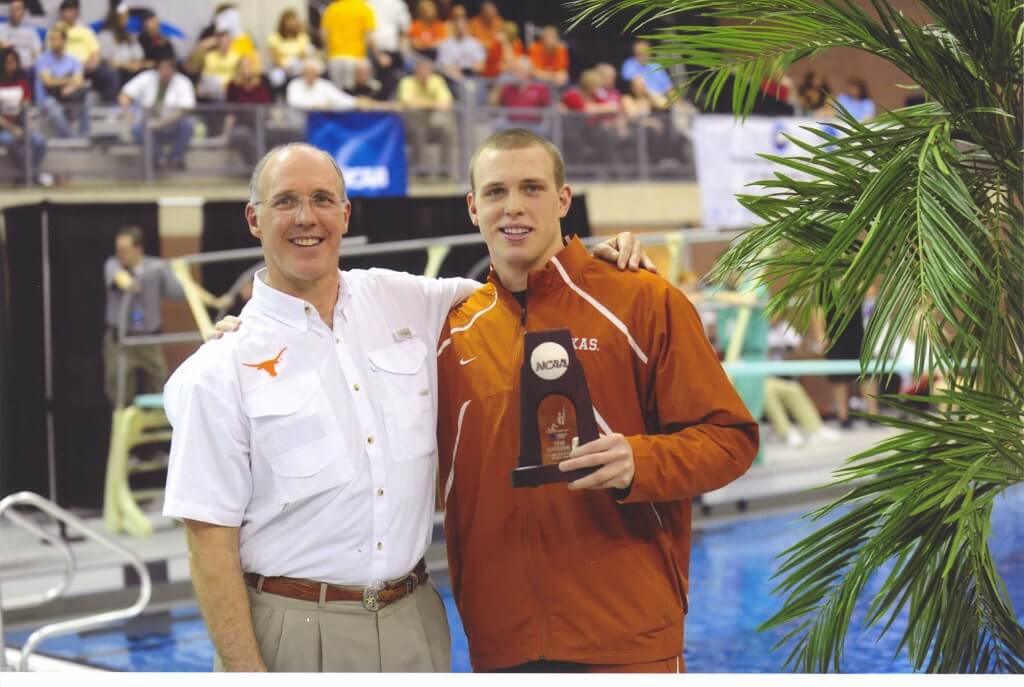
By Tera Bradham, Swimming World Intern
One second before a devastating collision that would change the course of his life, he wasn’t thinking about the fact that he was a seven-time NCAA champion. As his ears heard the crunch of his bike’s impact with the metal of the car, he wasn’t thinking about the world records he’d once held. As his body flew through the air, he wasn’t thinking about his renowned surgical practice. As his head hit the unyielding pavement, he wasn’t thinking about his son, who would follow his swimming path and would become a 2008 Olympian.
Dr. Scott Spann’s panicked mind was able to think about one thing: paralysis.
Lying on the side of an Austin highway, waiting for paramedics to reach him, Spann knew that he had just become a quadriplegic.
Defying the Odds
As his body lay motionless, Spann’s mind swerved out of control. His medical mind raced to analyze his symptoms while he begged and bargained with God.
“I told Him that if I survived, then I would do my best to make the very most of the rest of my life,” Spann recounts.
An orthopedic surgeon with nearly two decades of experience was abruptly transformed into a patient. At the hospital, doctors assessed the damage and told Spann that with surgery, extensive physical therapy, and the help of a cane he might be able to walk again, someday. They grimly offered no assurances.
The ensuing operation involved the removal of bone and ligaments in his neck, the insertion of plates and screws, and the extraction of bone from his hip. It was an an attempted restoration with no guarantees.
Encouragement came just days following the surgery, when Spann felt sensation in his hand. After a few weeks, he could stand and begin physical therapy. One year after his surgery, Spann picked up the scalpel again. In 2012, seven years after his accident, he completed the aquabike Ironman. Now he spends his days competing in sprint triathlons and traveling the globe to share his research and to perform surgeries.
No Pain, No Gain
Spann asserts there is no scientific basis for his recovery. He believes there is more for him to accomplish here, and credits his miraculous recovery to divine intervention.
While he concludes the results are inexplicable, Spann maintains that the perseverance that enabled his recovery came from a core of steel developed in the water many years ago.
As a swimmer, Spann and pain were well acquainted with one another even before his accident. To be a competitive swimmer, Spann believes you must possess extreme mental toughness. It is one thing to withstand the daily pain of the sport in order to participate.
“It takes even more to say, ‘I like the pain and I’m going to keep pushing even harder.’ We learn to accept pain but also to work as hard as we can to achieve pain, because if we don’t have it, then we must not have been working hard enough. Many people never experience that, and swimmers do that by design.”
Spann’s familiarity with pain and endurance in swimming enabled him to push himself in physical therapy, to keep fighting through the bad days, and to continue to push himself past what others deemed “possible” during his recovery.
“Pain can be overwhelming for some and instructive for some. How you choose to incorporate that pain into how you move forward in life is very significant and largely dependent upon our experiences prior to the onset of pain,” Spann explains.
During his swimming career, Spann flirted with the border of sane pain tolerance every day. At each practice, he pushed himself beyond what he thought was possible, he befriended discomfort, and he distorted normality.
“To simply exist on a swimming team, you have to do things that are way beyond the bounds of the work ethic any other sport mandates. And that’s not to succeed in the sport, but just to be on the team.”
The same lessons that propelled him to break world records in the pool propelled him to take a solitary step in the rehabilitation room. The same drive that helped him captain the Texas Longhorns to an NCAA victory later urged him to lift a finger weight.
“Swimmers are always held accountable to themselves,” Spann adds. After a career in the pool, a swimmer simply does not know how to not give their best, to not work with unparalleled dedication, or to not defy the odds.
Moving Forward
“None of us leave the world without a story. We will all have some story of loss in our lives. It’s about taking our own individual story and writing it the way we’re going to end up the happiest,” Spann declares.
Turning tragedy into transformation, Spann has rewritten his story in more ways than one. He continues to take huge strides, both literally and metaphorically. Spann is the first surgeon in the United States to use stem cells clinically, and he has independently created his own company for the production of a new spinal procedure model.
This September will mark the tenth anniversary of Spann’s biking accident. He still faces adversity every day, and just last summer, he had three more lumbar procedures.
“I still have deficits,” he says. He still walks with a limp and claims he “can win a dance contest just by walking across the dance floor.”
But “how many people do you know who develop character with no stress or work? The adversity we encounter and how we handle it is the telling part for all of us.”
Spann’s story certainly is telling of his character, yet he claims the power he harnessed is available to all.
“None of the things that allowed me to keep going through that and to keep pushing forward are inherent or naturally-given. They are learned behaviors, most of which I obtained from swimming. I simply extrapolated and translated those same assets and attributes that every person in the sport has the opportunity to gather. You do not have to have the same level of success I did in swimming to develop those long-term qualities.”
“Swimmers are an exceptional group of people by necessity,” Spann asserts.
Dr. Spann certainly fits the mold. For a man whose every step defies logic, ‘exceptional’ is quite an understatement.
“Impossibilities DO happen!” Spann exclaims.
Impossible is merely a word defined by its user.

Dr. Spann with his wife and their son, Scott Jr. at the Olympic Village in 2008. Photo Courtesy: Dr. Scott Spann
To learn more about Dr. Spann’s story and current practice, visit his website and blog here.




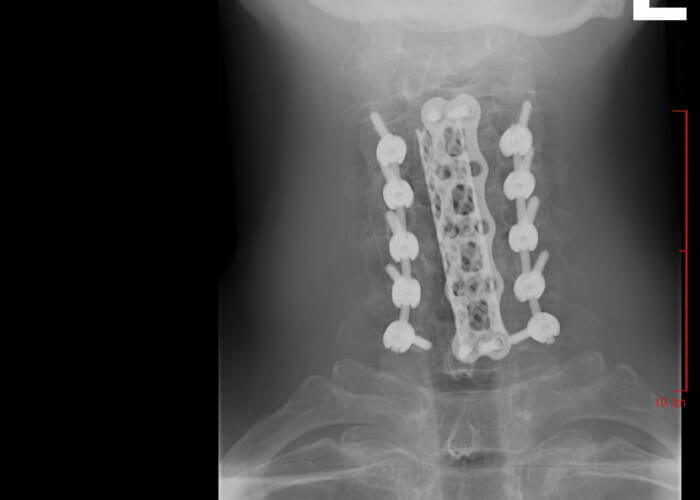
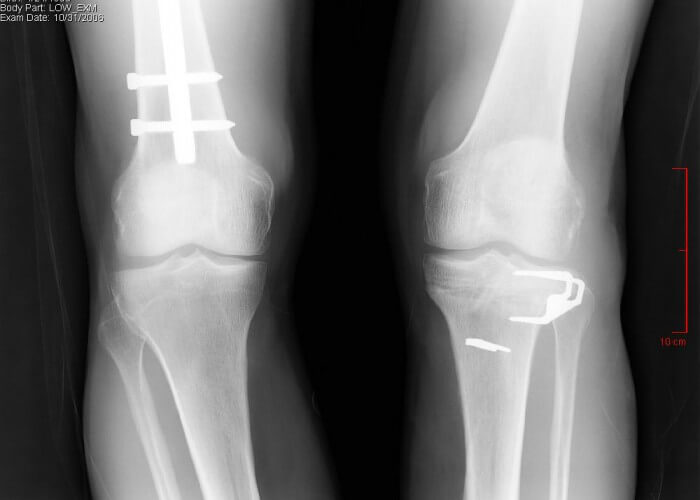
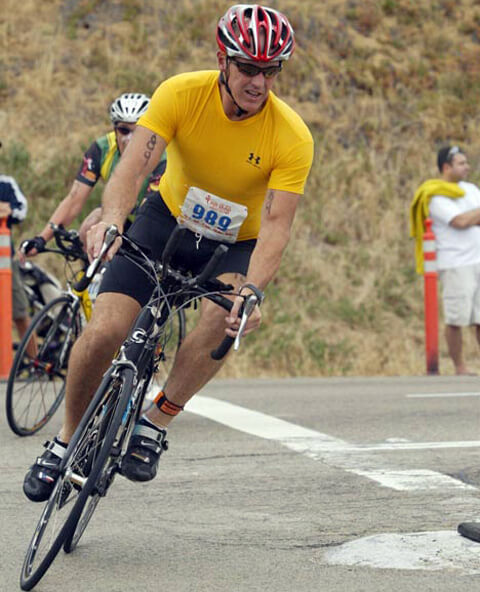
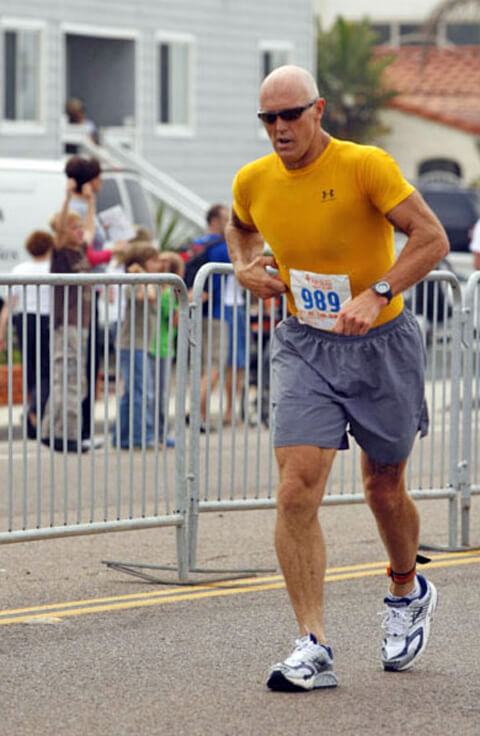
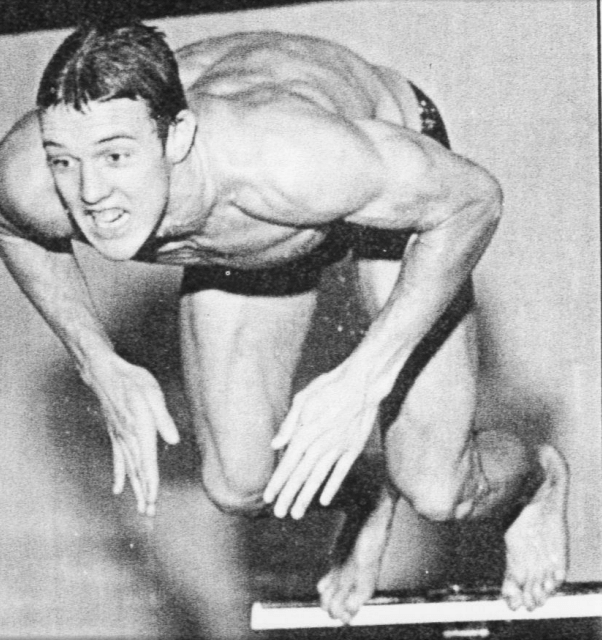
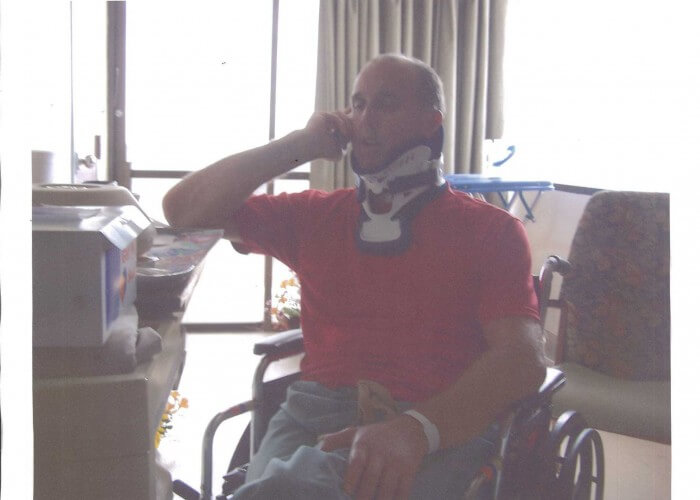
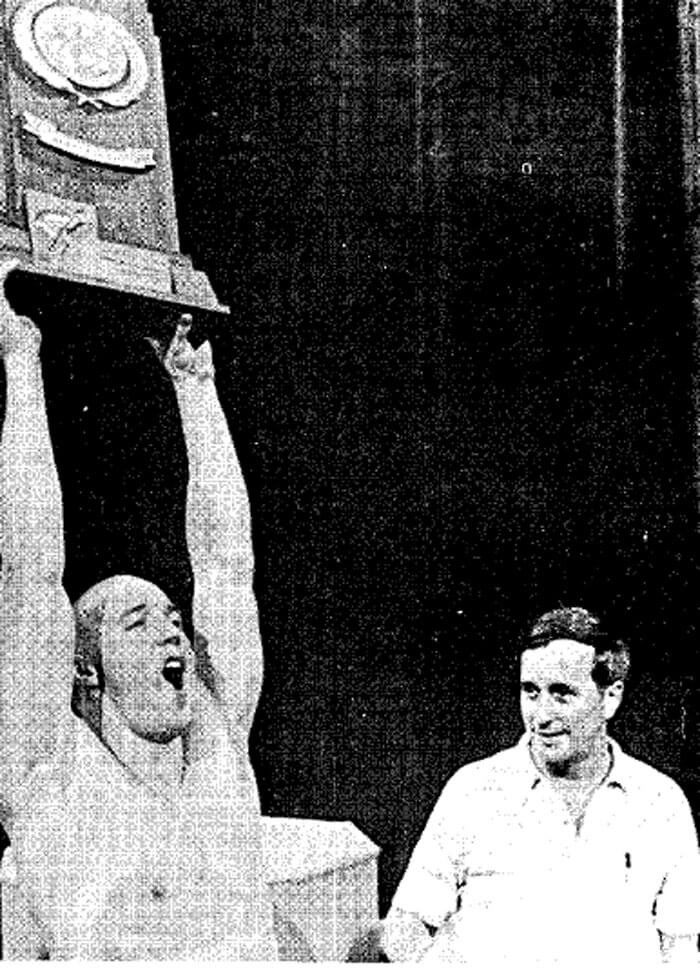

Truly inspiring.
But Tera– You have the gift to tell a compelling story every time you sit down to write. Well done, once again.